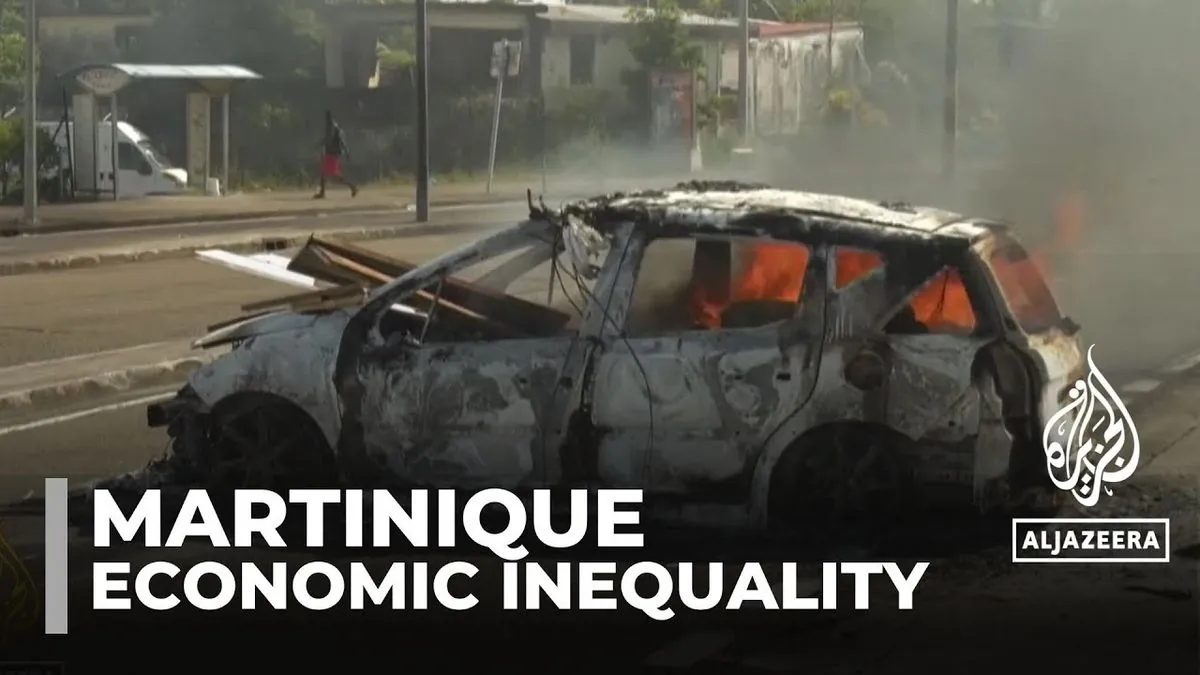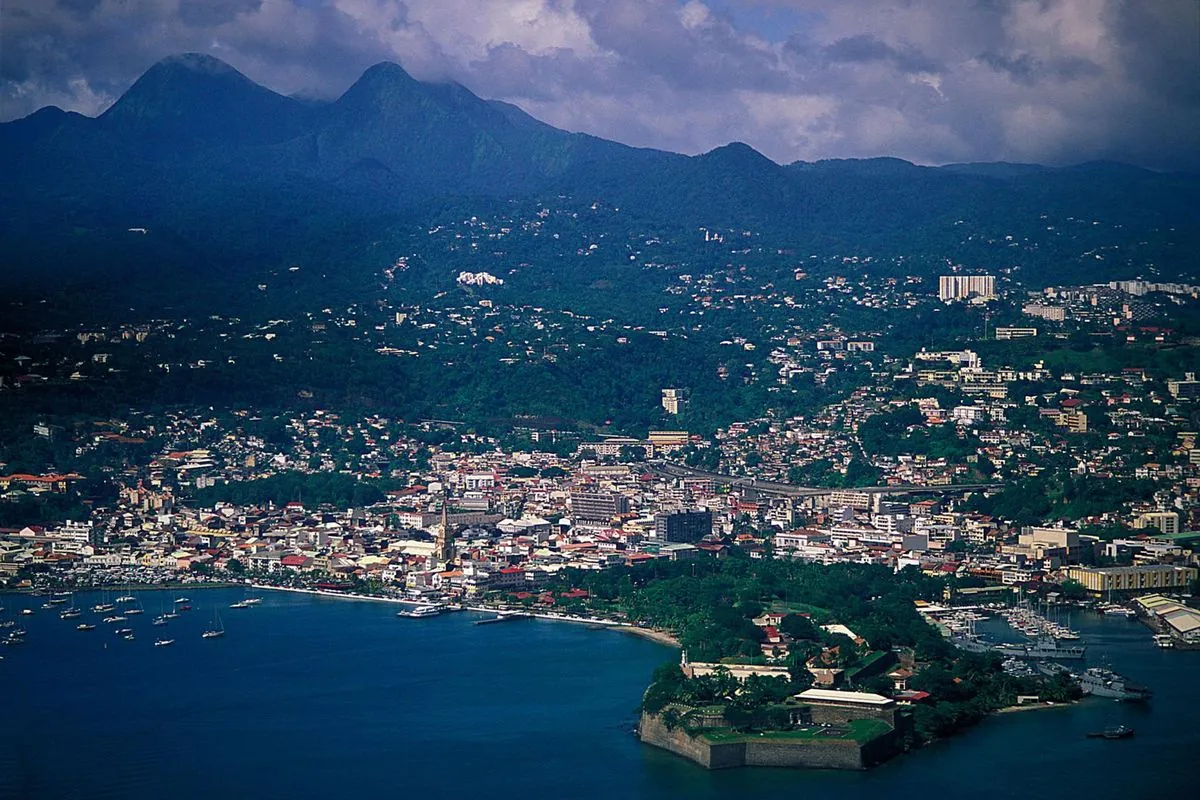Martinique Bans Protests Amid Rising Costs and Unrest in French Territories
Authorities in Martinique prohibit demonstrations in four municipalities following violent protests over living costs. The ban, along with a curfew, aims to restore order and ease daily life disruptions.

In a recent development, authorities in Martinique, a French overseas territory in the Caribbean, have implemented a ban on demonstrations in four key municipalities. This decision comes in response to violent protests triggered by escalating living costs, which had previously led to the imposition of a curfew.
The prefect of Martinique, representing France's central government in the region, announced that all protests would be prohibited until Monday, September 25, 2024, in Fort-de-France, Le Lamentin, Ducos, and Le Robert. This measure aims to curtail the violence and property damage associated with recent gatherings, as well as to alleviate the numerous obstacles to daily life and freedom of movement that have been affecting the entire population, particularly during weekends.

Prior to this ban, a nighttime curfew had been enforced to restrict movement in specific districts of Fort-de-France and Lamentin. Both the demonstration ban and the curfew are set to expire on the same day.
The unrest is not confined to Martinique alone. Neighboring Guadeloupe, another French overseas department, has also experienced protests. A strike by workers at the French energy utility EDF resulted in power outages for residents during the week, as reported by the local prefect.
These events in France's overseas territories present a significant challenge for the newly appointed Prime Minister Michel Barnier. The situation is further complicated by a recent incident in New Caledonia, where two men lost their lives during a police operation.
"The aim of this measure is to put an end to the violence and damage committed at gatherings, as well as the many obstacles to daily life and freedom of movement that affect the entire population, particularly at weekends."
Martinique, discovered by Christopher Columbus in 1502, became a French colony in 1635 and later an overseas department in 1946. With a population of approximately 376,480 as of 2016, the island's economy heavily relies on tourism, agriculture, and services. The current unrest poses a threat to these vital sectors.
The island's tropical climate, with an average temperature of 26°C (79°F), typically attracts tourists. However, the ongoing protests and subsequent restrictions may impact the tourism industry, a crucial component of Martinique's economy.
As part of the Lesser Antilles island arc, Martinique is known for its active volcano, Mount Pelée, which last erupted in 1932. While the volcano remains dormant, the current social unrest presents a different kind of challenge for the island's residents and authorities.
The situation in Martinique and other French overseas territories serves as a test for Prime Minister Michel Barnier, who is preparing to present his cabinet to President Emmanuel Macron after two weeks of political negotiations. The government's response to these events will be closely watched as it navigates the complex issues facing France's overseas departments and regions.


































